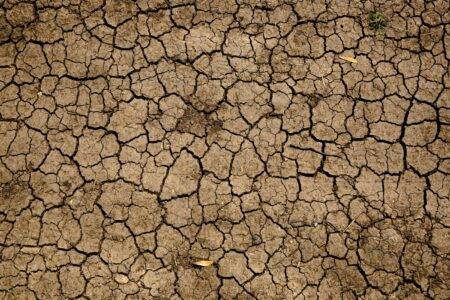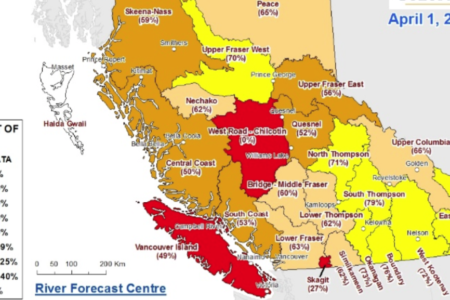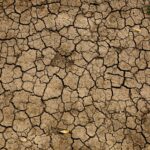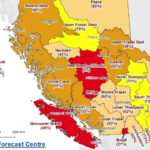COLUMN: Tips for Reducing Allergy Misery
Seasonal allergies can make summer, spring, and fall much less enjoyable for anyone who experiences them; however, there are some simple things you can do to help. Many people with seasonal allergies (also known as hay-fever or allergic rhinitis) experience symptoms such as itchy eyes and nose, runny nose, stuffy nose, post nasal drip, sore throat, sneezing, coughing, itching and sometimes hives. Below are some simple tips to stop these symptoms so you can get back to enjoying the rest of your summer!
1. Keep your windows closed. As hard as this may be in the summer, keeping your window closed really helps prevent pollens from getting inside. In general, the highest pollen count is in the morning so at the very least, keeping the window shut at night can be helpful for people with seasonal allergies. There are many factors that affect the release of pollen (plant species, wind, rain, etc.), so paying attention to these factors and knowing which ones affect you the most will give you an idea of when you should keep the windows closed.
2. Shower after you have been outside. Showering after you have been outside and before bed is another quick way to reduce your exposure to pollens.
3. Consider a HEPA filter. Using a HEPA filter in the room you are sleeping in is an excellent way to eliminate pollens in the air. This is not the same as the filter on your furnace–a HEPA filter removes almost 100% of pollens (including ragweed) and other allergens. This is an investment but it will save you weeks of a runny nose and itchy eyes!
4. Use your Neti pot! Using a Neti pot 1-3 times per day during allergy season helps rinse the nasal passage of pollens. It is cheap, easy, effective and often overlooked as a simple solution for symptomatic relief.
5. Avoid food intolerances. I have seen many patients who report limited or complete relief of seasonal allergies after they eliminate foods that are causing an inflammatory response in the body. The most common intolerances I see clinically are gluten, dairy, nuts, soy, and shellfish. Ask your ND about different ways to test for these and other intolerances.
6. Avoid foods that may cross react with the pollen you are reacting to. Allergies to certain types of pollens can also be triggered by reactions to proteins in certain foods. More specific information on this can be found on the Canadian Food Inspection agency website. One example is people that react to grass pollen might notice similar symptoms as listed above when ingesting raw kiwis, melons, oranges, tomatoes or watermelon.
7. Use natural antihistamines. The three top natural anti-histamines I use with patients in allergy season are Quercetin, Stinging nettles (dried and drunk as a tea or tincture), and Vitamin C. All three of these decrease the amount of histamine in your body (histamine is the compound release by your cells that causes the allergic reaction that includes all of the symptoms listed above!). Quercetin is also found in onions and apples—adding more of these to your diet through the allergy season will also help reduce your symptoms.
8. Check the pollen report. If you have severe reactions to pollens, you can check the pollen report for the Kootenay Boundary on The Weather Network’s website. On days where the pollen outlook is high, limit your time outdoors (especially vigorous exercise!). This resource also tells you which pollens are high so you can get a better idea of what specifically you are reacting to.
If you are having a more severe reactions such as full body hives, chest tightness, throat tightness, swelling of the tongue, face and/or eyes, dizziness and/or other symptoms of anaphylaxis you should go to the ER! — and then seek a referral to an Allergist who can perform a skin prick test to see exactly what you are reacting to, and determine if you need to carry an Epi pen.


























Comments